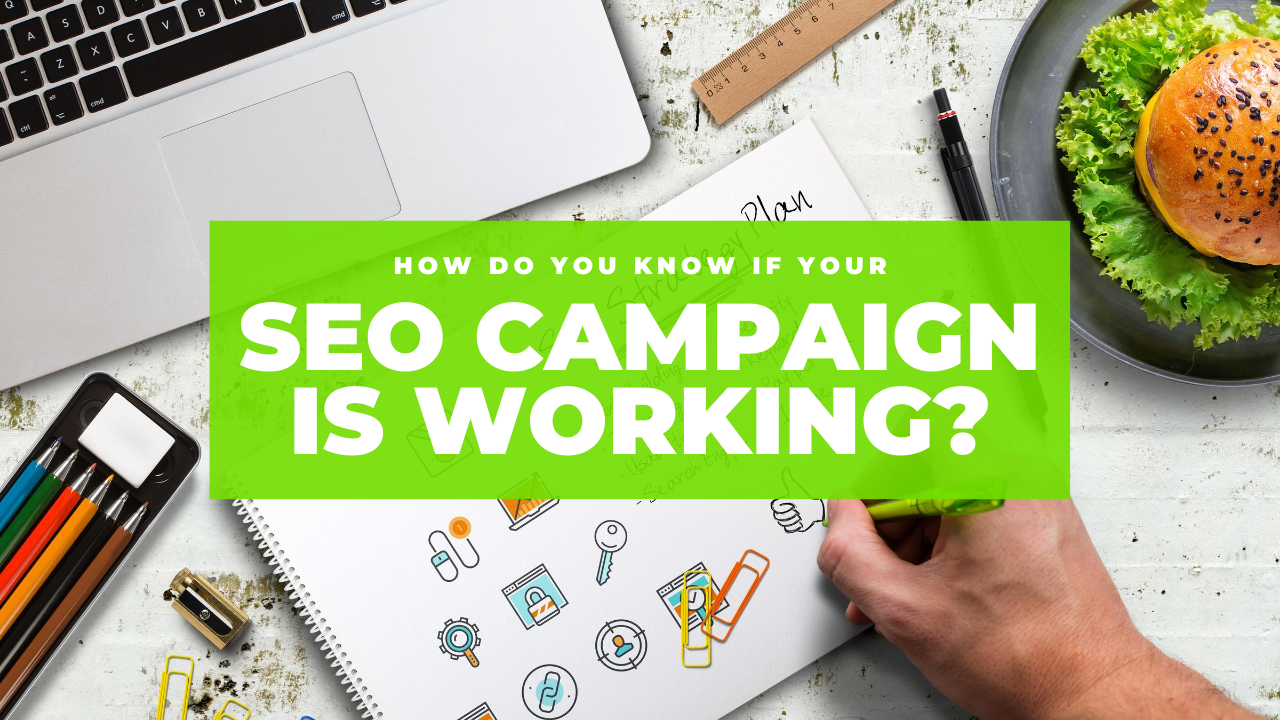We get this question a lot here at Green Stick. And there’s a lot of different ways to answer it. An actual ROI is hard to track because SEO success can mean more customers, but it doesn’t necessarily guarantee it. You can track success by more customers in the door. You can track it by keyword rankings, or clicks, or interactions, or dozens of other measures. In this article, we’ll help you understand how to tell if your SEO campaign is working with the KPIs and measures you need to track.
CONVERSIONS
What do you ultimately want when someone comes to your website? Essentially you want them to take action. Whether that’s making a purchase through an e-commerce option. Maybe it’s filling out a lead gen form to learn more about your B2B company. Maybe you want them to pick up the phone and call so you can serve their needs.
Being able to track the success of an SEO campaign is essentially measuring an increase in conversions from your website. More conversions likely mean more business and more revenue.
You can track the conversion rate and try to get it higher by taking the number of conversions and divide it by the number of unique visits to your website. You can use this formula for all kinds of metrics like emails or new accounts and sales. As your conversion rate climbs, it means greater success from your SEO campaign.
KEYWORDS
One of the most common ways to measure an SEO campaign is to track keyword rankings and how they climb. One of the things we track at Green Stick is where desired keywords on a campaign start, and then where they are month by month. Every single day we see keywords on page 11 or lower (that means a ranking over below 1000) and watch them climb over the course of a campaign up to page 1 (ranking between 1-10).
That’s the entire point of SEO is to get your website moving up in the rankings for the keywords that people search for. So when you see an increase in rankings, that means your SEO campaign is successful. More keywords ranking high in the SERPs should hopefully bring in more traffic.
We’ve written extensively about keyword research and how to pick the right keywords for your business and your area. Picking the wrong keywords or keywords that are too competitive could lead to frustration and a website that doesn’t increase in the rankings. Essentially keywords rankings can be one of the biggest indicators of SEO campaign success.
You can track the rankings of your main and halo keywords. Watch for the keywords that your competition ranks for then target those in your content. All these can help demonstrate the success of your campaign.
TRAFFIC
Increased traffic to a website is a huge win for SEO. That’s the ultimate goal is to get more traffic to your site through an increase in rankings. Essentially, you can’t just measure success by an increase in rankings. You need to make sure those rankings improve the traffic to your website.
This is how many hits on a page you get. You can measure this through a variety of tools, though Google Analytics installed into the site is the most popular. You can track the traffic by page and see it’s progressed over time as an SEO campaign continues on. Measuring traffic can also help you understand what kinds of advertising and other campaigns are working. Traffic can show you what worked and brought in more people and what may need a little more effort and work to make it happen.
You also want to make sure the increased traffic to your website is relevant and the new visitors to your page stick around long enough to convert. If you see high bounce rates, also measured through Google Analytics, know that you need to change up your content. Higher traffic, but high bounce rates don’t necessarily mean success. High traffic with sustained time-on-page, with a bonus of higher conversion rates, equal a truly successful SEO campaign.
There’s a lot of additional traffic KPIs you can go into. You can also go in-depth and measure things like organic traffic, referral traffic, increasing pages that bring in solid traffic like product pages.
TIME ON PAGE
In addition to all the measures above, you want to make sure that once people find your website, they stay there long enough to convert or learn something. On pages like blogs or product review pages, you want to make sure that website visitors stay on that page for a longer amount of time. SEO can help to make those pages more substantial with good content, optimized with keywords. That increases the likelihood of people staying longer on the page.
Other pages like “contact” pages likely won’t have a long time on page, but they’re still very important for a website to have.
Essentially, the longer time a person spends on a page or a website, there’s a higher likelihood of conversion. So a good SEO campaign will help to improve and beef up those pages where you want people to spend time.
We’ve written in fairly broad and generic terms here. There are many different metrics and indicators of success for your website. You need to first decide on your overall business goals for your website and then plan how you’re going to achieve it. There are many different metrics that better measure success depending on your goal. Talk with your developer or your SEO manager to learn more about how to track success for your website.
And if you’re not sure where to start, call us here at Green Stick! We can help! +1 312-613-8663.

